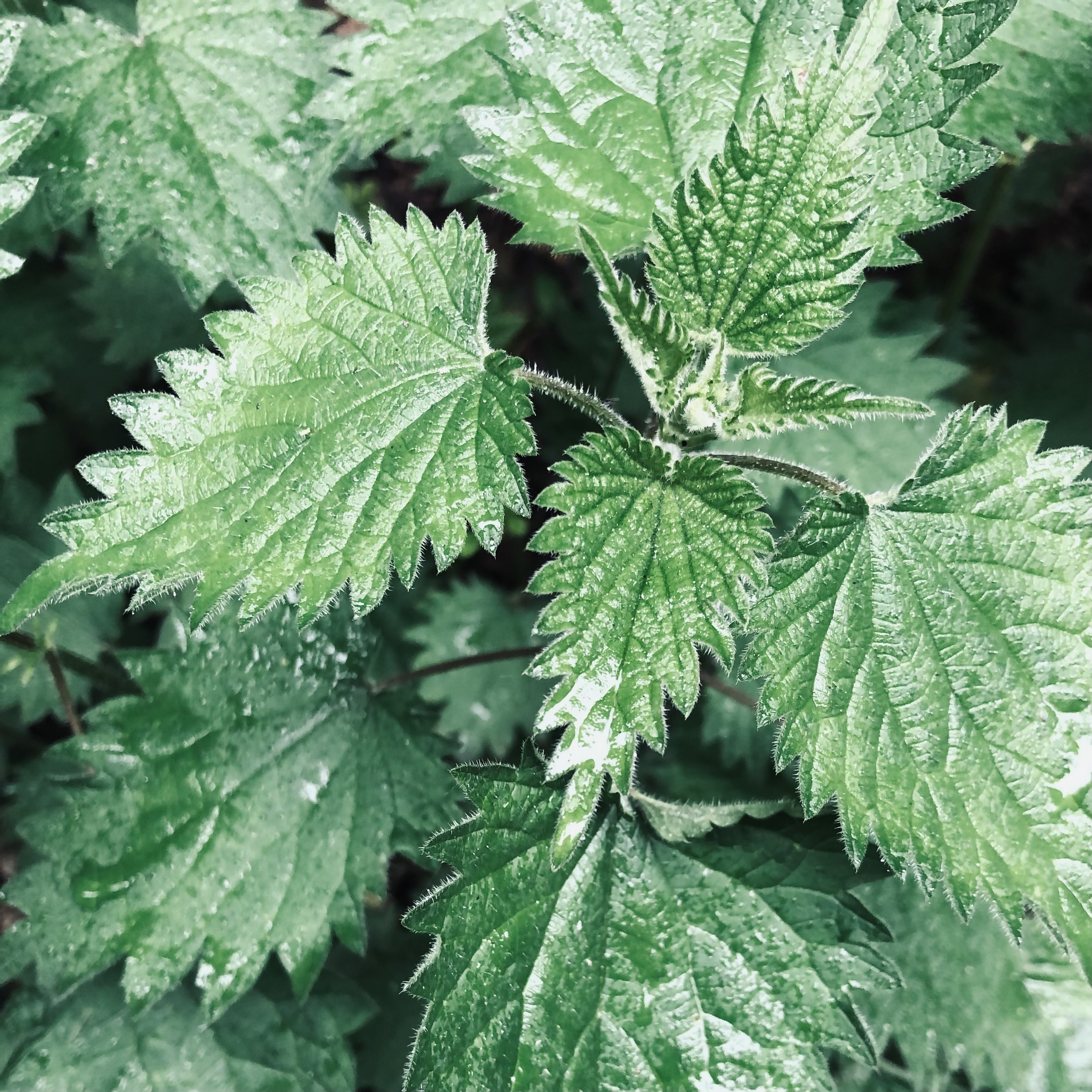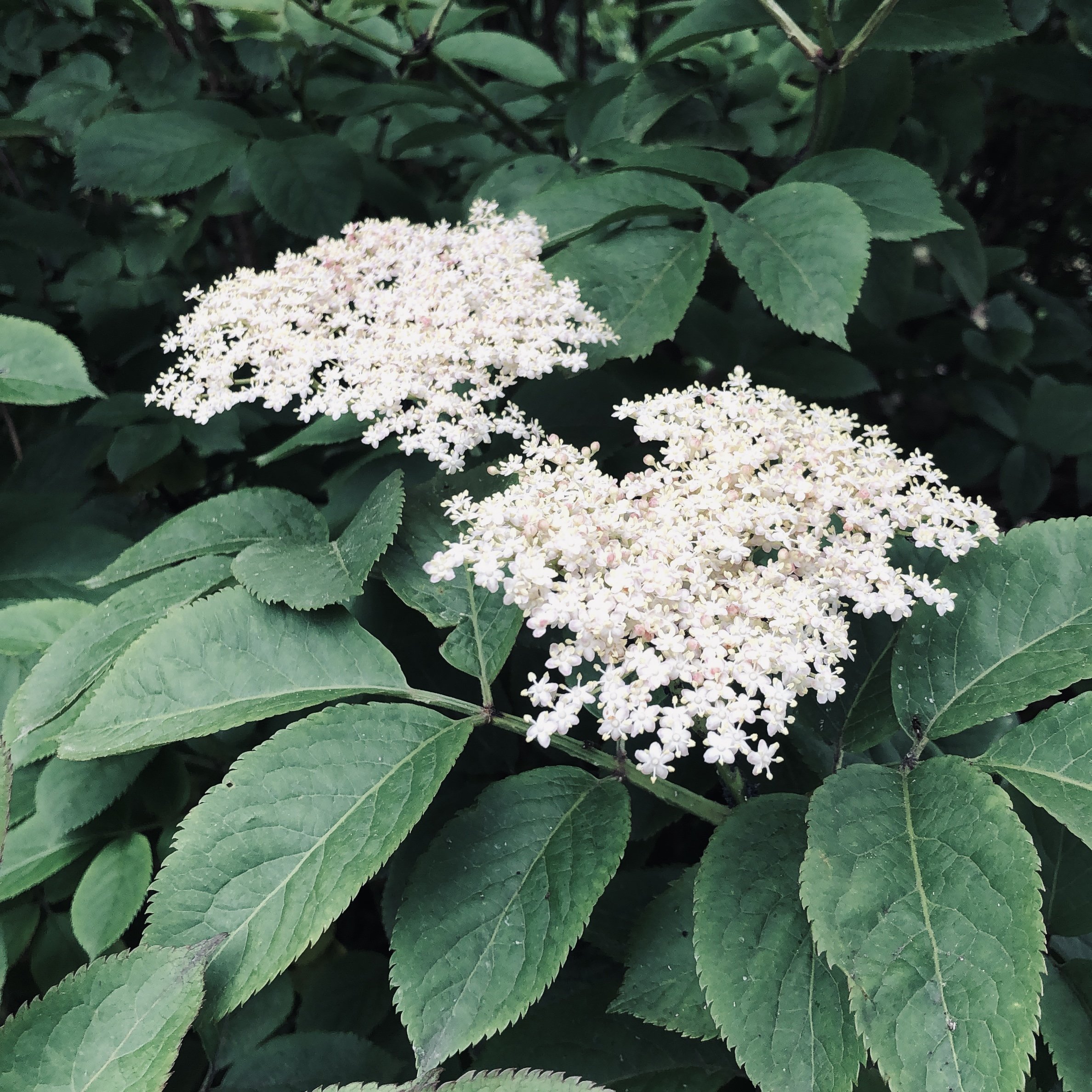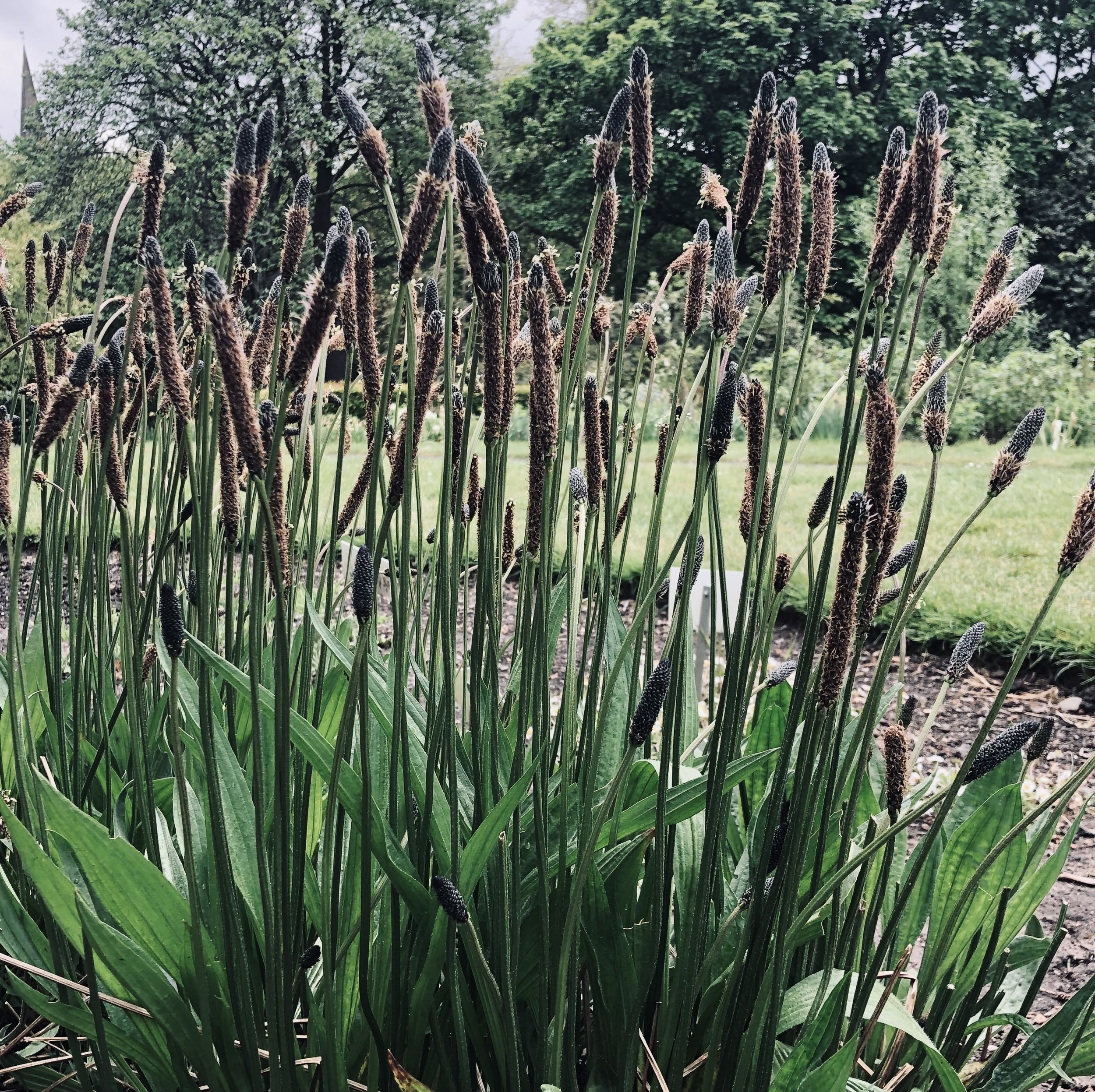Herbal Heroes for Hayfever
Hay fever, also known as seasonal rhinitis, is a common allergic condition that affects many people worldwide.
It is caused by an over-reaction of the immune system to certain allergens such as pollen from grass, tress and other plants. It is often at its worst during the spring and summer months when pollen counts are highest.
When a person with hay fever comes into contact with pollen, the body releases histamine and other chemicals, which cause inflammation and irritation of the nasal passages, throat, and eyes.
This can result in a range of symptoms, including:
Sneezing
Runny or stuffy nose
Itchy or watery eyes
Itchy throat, mouth, nose and ears
Postnasal drip
Headache
Earache
Feeling tired
If you have asthma, you might also notice a wheeze, cough, or that your breathing is tighter than usual.
The severity of hay fever symptoms can vary from person to person. It can be influenced by factors such as the type and amount of allergen exposure, the individual's immune system, and other health conditions. It can last weeks or months, unlike a cold, which usually goes away in 1-2 weeks.
Hay fever can be seasonal or year-round, depending on the allergen triggering the symptoms. For example, seasonal hay fever is often caused by exposure to pollen from various plants during the spring or summer. Year-round allergic rhinitis is usually caused by allergens such as dust mites, animal dander, or mould spores that are present indoors throughout the year.
Herbal remedies are often used to treat hay fever symptoms as they can provide relief without causing the side effects commonly associated with some over-the-counter and prescription medications.
Here are my top common natural, herbal remedies that are used to treat hay fever throughout the year:
Nettle Leaf
Nettle leaves been used for centuries as a natural anti-histamine to reduce the symptoms of hay fever. It is believed that stinging nettle can reduce inflammation and relieve nasal congestion and sneezing. The plant contains several bioactive compounds, including flavonoids, phenols, and lignans, which have been found to have anti-inflammatory and antihistamine properties.
Studies have investigated the use of Nettle leaf as a natural antihistamine in the treatment of hay fever. Nettle is believed to work as an antihistamine by blocking the production of histamine, a chemical released by the body in response to an allergen. Histamine is responsible for many of the symptoms associated with hay fever, including sneezing, itching, and nasal congestion. By blocking histamine, Nettle leaf may help reduce these symptoms and provide relief for hay fever sufferers. Nettle is commonly taken in the form of tea, tinctures, or capsules for this condition.
Nettle Leaf (Urtica dioca)
Chamomile (Matricaria recutita)
Chamomile
Chamomile is a plant that has anti-inflammatory properties and can be used to treat a variety of health conditions. Chamomile can help reduce inflammation and relieve symptoms such as nasal congestion and sneezing. It also has important anti-allergic properties which reduce the allergic response to allergens. It’s calming properties can also help reduce some of the distress associated with acute and chronic hayfever.
Elderflower
Elderflower is a traditional herbal remedy that has been used for centuries to treat a variety of health conditions, including hay fever. The flowers have anti-inflammatory and anti-catarrhal properties. It has traditionally been used to soothe inflammation in the sinus passages and clear up excessive mucous secretion of the upper respiratory system. It may help relieve symptoms of nasal congestion, sneezing, and itchy eyes. It makes a delicious tea but can also be taken in tinctures.
Elderflower (Sambucus nigra)
Peppermint
Mentha piperita is the latin binomial for Peppermint. This herb is commonly used to relieve congestion of the airways the volatile oils act as a decongestant. It helps to open up blocked sinuses and relieving headaches associated with hay fever. It makes a perfect tea to combine with Elderflower for any kind of upper respiratory tract inflammation and catarrh. It can also be used as an essential oil in your room diffuser, although I would recommend Eucalyptus smithii essential oil is more appropriate for children.
Ribwort Plantain
Plantago lanceolata, commonly known as ribwort plantain, is a medicinal herb that has been used traditionally for hay fever. The herb contains several bioactive compounds, including flavonoids, iridoids and tannins, which may have anti-inflammatory and antihistamine properties. This herb has traditionally been used as a tonic to tone and heal irritated mucous membranes of the upper respiratory system. It may reduce symptoms such as nasal congestion and catarrh which are associated with hayfever.
Ribwort Plantain (Plantago lanceolata)
Eyebright (Euphrasia officinalis)
Eyebright
Eyebright, or Euphrasia Officinalis, is a European wild plant with a long history as a traditional medicine used to treat eye infections, allergies, and respiratory problems. It is an astringent for the mucous membranes of the upper respiratory tract. Its astringent and anti-inflammatory properties make it useful for nasal catarrh, sinusitis and other congested conditions. As it has a special affiliation for the eyes and it may be particularly useful in relieving itchy and watery eyes associated with hay fever.
In my clinic I, have access to stronger herbs such as Baikal Skullcap which is used for histamine intolerance and MCAS.
There are herbal medicines such as Ma Huang (Ephedra sinica) which are available on prescription only after a consultation. If you are interested in finding out more about how a herbal consultation could help or to book an appointment please contact me here.










